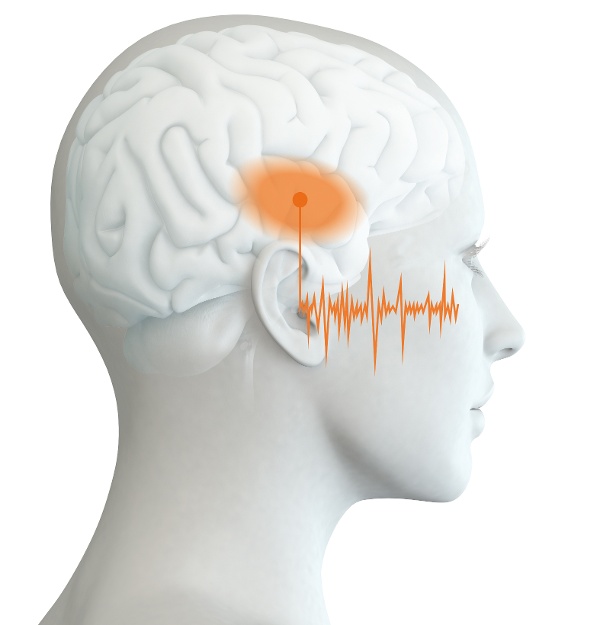Why is Your Audiologist Testing your Cognitive Health?
by Envoy Medical Staff Member, on December 9, 2023

The association between hearing loss and cognitive decline has led some audiologists to incorporate cognitive testing as part of their patient evaluations. Cognitive impairment can be caused by many factors, such as aging, medication side effects, depression, or diseases like Alzheimer’s. Some factors can be reversed or treated if detected early, while others can be managed with appropriate care and support. Dr. Frank Lin is an otologic surgeon, epidemiologist, and leading researcher on cognitive decline. Dr. Lin has conducted numerous studies that helped establish the association between hearing loss and cognitive decline or dementia. His research led to the 2020 Lancet Commission Report on Dementia identifying hearing loss as the number one modifiable mid-life risk factor for dementia.
The connection between hearing loss and cognitive decline is multifaceted and research is still evolving. Hearing loss affects both the quantity and quality of auditory input to the brain, causing changes in brain structure and function. It also increases the mental effort needed to process information, especially in noisy environments, depleting cognitive resources necessary for memory and attention. Additionally, hearing loss can impact social interaction and emotional well-being, increasing the risk of isolation, depression, and anxiety, which can negatively affect cognitive health.
Ongoing research indicates that interventions targeting hearing loss have the potential to slow down or even reverse cognitive decline. The recent ACHIEVE study (Aging and Cognitive Health Evaluation in Elders) published in 2023 concluded that treating hearing loss reduces loss of thinking and memory abilities by 48% among older adults at increased risk for cognitive decline.
Despite extensive testing in the medical field, brain health is often overlooked, leading to potential early dementia detection failure. However, advancements in technology have greatly diminished the time-consuming, biased, and unreliable nature of cognitive tests. One company has developed a computer-based test, that eliminates the need for clinician interaction and takes only five minutes. The technology, designed by Cognivue, has received FDA clearance. It's designed to adapt to the patient's answers, providing a highly reliable and personalized testing experience.
It's important to understand that this type of testing is not diagnostic, instead it acts as a valuable asset for ongoing monitoring and serves as a baseline. Given the undeniable connection between our ears and our brains, performing cognitive screenings in an audiology setting opens up opportunities to detect possible cognitive problems and establish a direct path for referral, intervention, and support.
If your audiologist offers cognitive testing, don't be offended, be impressed. By taking advantage of this innovative service, you are not only prioritizing your overall health but also staying proactive.


